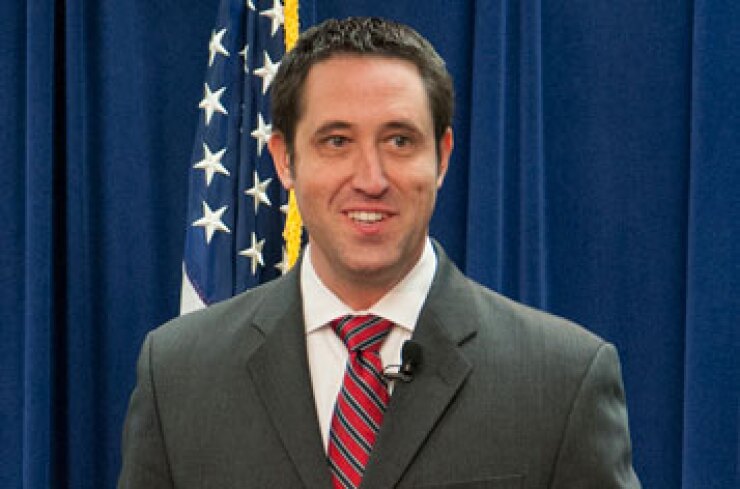
DALLAS – A court ruling against Texas' application of its franchise tax on a movie theater chain could cost the state $1.1 billion per year if it becomes widely applied to similar businesses, according to state Comptroller Glenn Hegar.
The
The state maintains that the deduction is only for physical products or "personal property" that is "perceptible to the senses." However, the legislature included in its definition of property the fact that it "can be seen."
AMC maintains that the images shown on its screens are personal property and that a system of production is involved in their display.
The Comptroller argues that AMC's product does not fall within the meaning of "tangible personal property" because it is either "intangible property" or a movie-viewing "service."
The 3rd Court of Appeals ruled in April that exhibiting a movie amounts to a "good" because it's "perceptible to the senses," fitting the definition of tangible personal property. That means that AMC can include its auditorium expenses as production costs when figuring its franchise-tax deduction.
"As a practical matter, the court's holding could potentially treat a business exhibiting a movie as producing TPP (tangible personal property) in much the same way that a carpenter produces a chair or desk," Hegar explained in a letter to state leaders in June.
Under the court's interpretation, the deduction would be available to lawyers, accountants, landscapers and other service oriented businesses.
If the law were applied that broadly, the lost income to the state could be $1.1 billion per year, and refunds for the past four years could be as much as $6 billion.
The franchise tax has been controversial since its adoption in the Legislature as a way to reduce homeowner property taxes.
Hegar plans to seek a rehearing on the matter with all six judges in the 3rd Court. If that does not reverse the decision, he expects to appeal to the Texas Supreme Court, with resolution probably years away.
In another budgetary matter, Hegar announced the transfer of $2.27 billion into the State Highway Fund and the Economic Stabilization Fund, commonly known as the Rainy Day Fund. Each fund received more than $1.13 billion, or 50% of the total transfer.
The transfer amounts are based on whether oil production and natural gas production tax revenues exceed 1987 collections. If either tax is greater than the 1987 threshold, an amount equal to 75% of the excess is transferred.
In November 2014, a constitutional amendment was passed allocating at least one-half of these severance taxes to the ESF and the remainder to the State Highway Fund for use on non-toll highway construction, maintenance and right-of-way acquisition.
The transfer to the ESF must occur within 90 days following the end of the fiscal year according to the Texas Constitution. At the end of the state's fiscal year — Aug. 31, 2015 — the balance in the ESF was $8.46 billion. The new balance after today's transfer will be $9.61 billion.
"The state's Rainy Day Fund is now at a record high, allowing the state to maintain a strong fiscal position and protect against unforeseen circumstances," Hegar said. "Additionally, this healthy transfer to the State Highway Fund will help address the state's growing transportation needs. All of which will help Texas uphold a strong and healthy economy."





